The Philippines’ only bachelor president, Noynoy Aquino wanted to have ‘at least one child’
Former President Benigno “Noynoy” Aquino III’s death on June 24 has brought back to the surface details of his presidency—the success of his economic policies and standing up to China in international court for usurping the West Philippine Sea.
It also brought back his missteps in domestic crises like the Luneta hostage-taking, which happened only two months into his presidency and marked its beginning, and the Mamasapano killings that marked its last year.
Tributes posted on social media since yesterday inevitably begin with “He was not a perfect president…” and end with “he was decent and had a solid moral compass.”
These two qualities that people perceive to form his character—even his presidency—are sometimes interchanged in position. Do we start with his imperfections or should we start with what made him a good leader, a good person?
To journalists, what stands out from old articles and videos that people have been sharing is that Aquino was what any president ought to be capable of: answering questions about his policies and, in more convivial moments, personal questions too.
No question was too big or too in these interviews. There were no threats of decapitation, no cussing, no anger either.
Aquino before the 2010 election
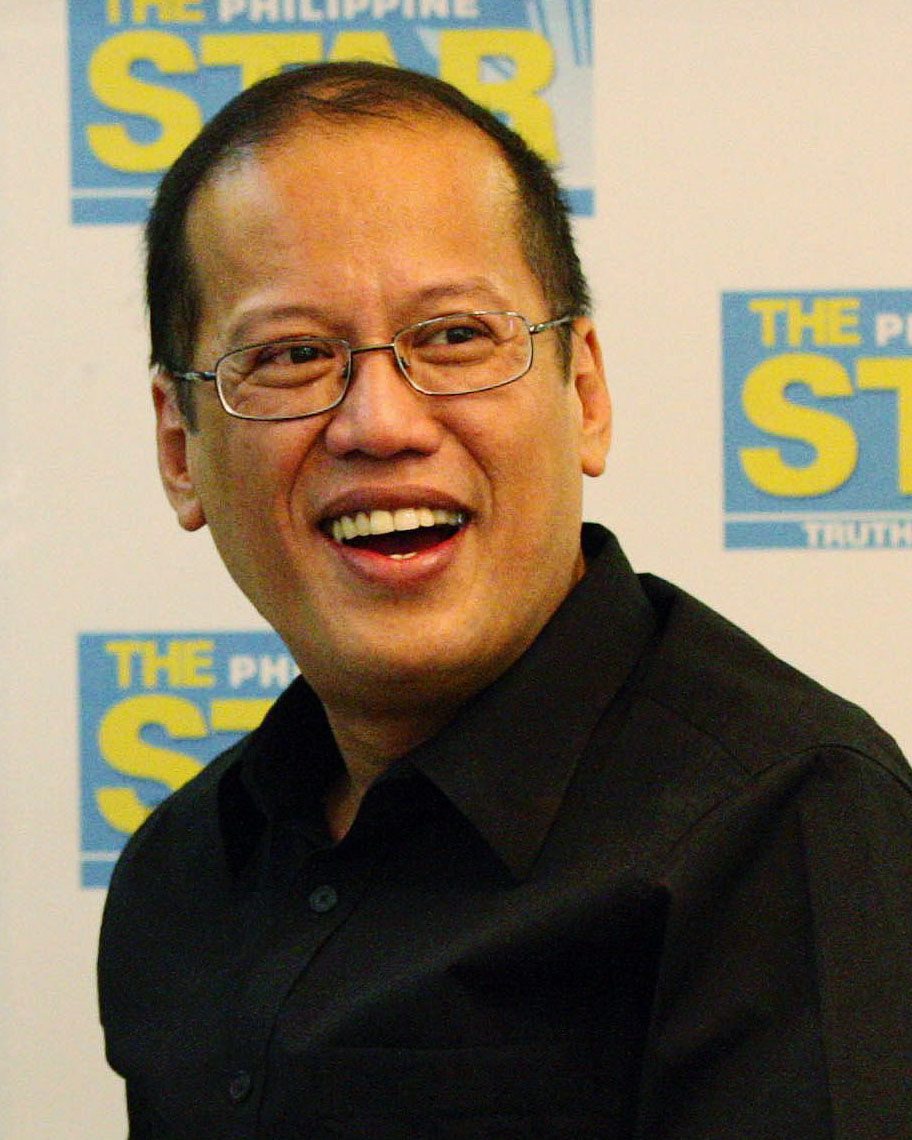
In 2010, months before the presidential election in May, the Philippine Star ran a series of front-page features called “So you want to be president?”
Each candidate for president and vice president went to the office in Port Area and was interviewed by editors and select reporters. The roundtable was held in the morning in Star’s conference room on the fourth floor—with the exception of Joseph “Erap” Estrada’s interview, which was held on the ground floor (because he had bad knees) and in the evening (because he was a late riser).
At then Senator Noynoy Aquino’s interview, I was assigned to start off with the quick-fire questions. We already knew the answers to things like his birthday (Feb. 8, 1960), birthplace (FEU Hospital, Manila), his first job (Philippine Business for Social Progress).
But in between were questions meant to catch him a little off guard, like “How would you describe your state of health, physical and mental?” His answer: “I’m very okay as far as the mental health is concerned. Physical, a few problems like sinusitis.”
Have you had major surgeries? “No.”
Have you ever consulted a psychiatrist? “Not on a professional basis. I’ve a very good friend who was on the faculty of the school when I was a student.”
Apart from serious questions on policies and politics, he answered light ones on his personal life and relationships, marked by easiness and confidence—and laughter.
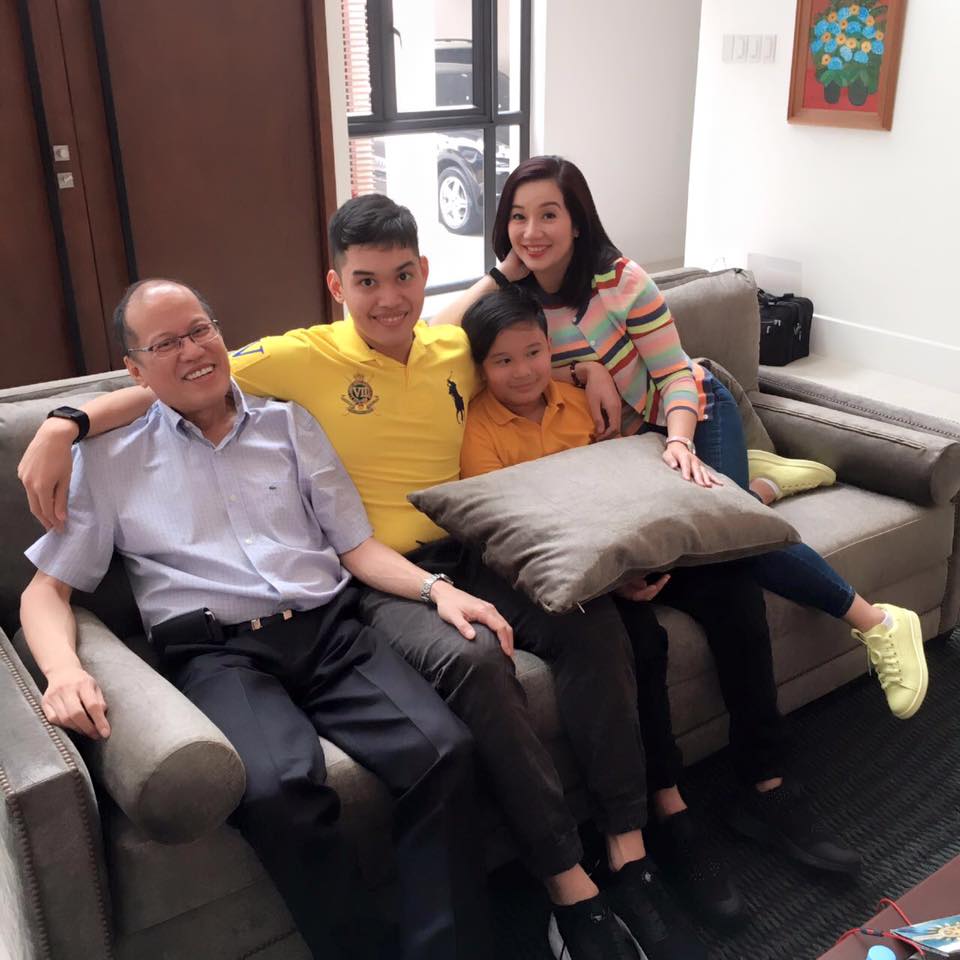
He was poised to become the country’s first bachelor president. President Elpidio Quirino (1948-1953) was a widower; President Cory Aquino (1986 to 1992) was a widow.
His sisters, he said, would help fulfill the role of the first lady.
He revealed that he wanted to have at least one child. “I’m 50 now (in 2010), if I get married tomorrow, by the time he gets to college I’ll be 70,” he said.
He added, “I’ve had so many plans that have not materialized. When I was in college I said, on or before I was 24.” When that didn’t happen he told himself he’d get married by the time he was 30. “Four girlfriends (became) multiples of four. I don’t want to make plans anymore so as not to set myself up to be frustrated.”
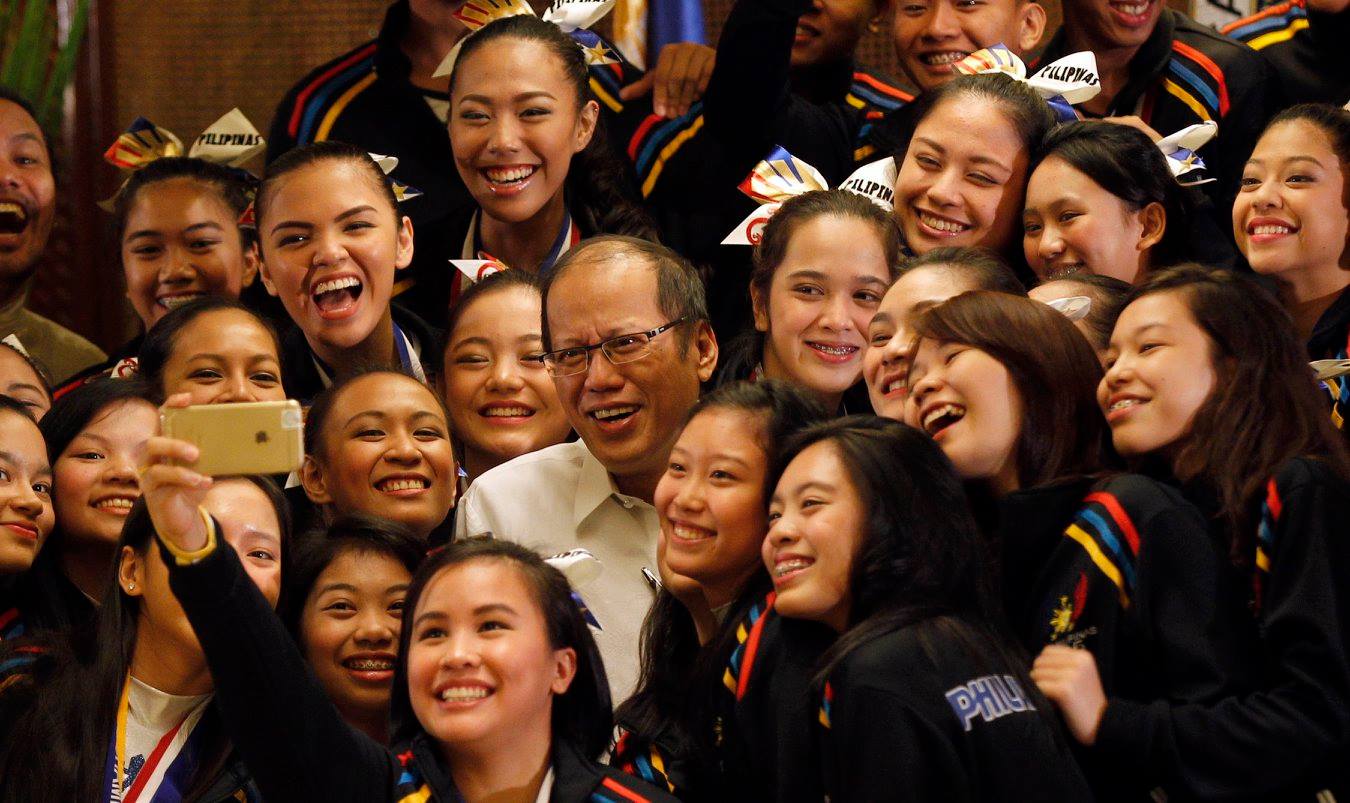
He’s had his heart broken “several times,” he said. When asked by whom, he replied that he would rather not remember.
Asked about his sex life, he said, “I don’t think there is any way of answering that, that would be nice.”
When asked about one-night stands, he said, “I am basically shy so how do you approach someone and say come. When they come after me, I feel they are too aggressive, so either way, talo (I lose),” he said.
So, was that a yes or a no?
“It’s a no.”
During his presidency, as his youngest sister Kris Aquino was raising two sons on her own, he stood as the boys’ father figure. It was reported that he often played video games with his nephews, a hobby that many people equated with a lack of seriousness—even as the Philippine economy reached its highest GDP since the ’70s during his six-year term.
The emotional toll of being born Aquino
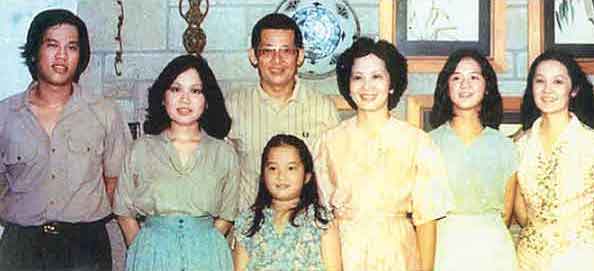
The only son of democracy icons Ninoy Aquino and Cory Aquino, Noynoy was surrounded by his four sisters—Balsy, Viel, Pinky and Kris—for whom he stood as the father figure when his father was jailed by Marcos after the declaration of martial law in 1972.
He was then 12 years old and it couldn’t have been an easy childhood. It couldn’t have been an easy adulthood either, those seven years his father was in jail, that brief time in exile, and then it was all yanked away again when Ninoy was assassinated.
The Aquino siblings and their mother have described the happiest years of their lives as those three years in exile in Boston, Massachussetts.
When he was young and started to go out with friends, Cory would ask him, “What time did you go home?” and he’d answer “early.” “Sabi niya, early or early in the morning? Sabi ko, in between.”
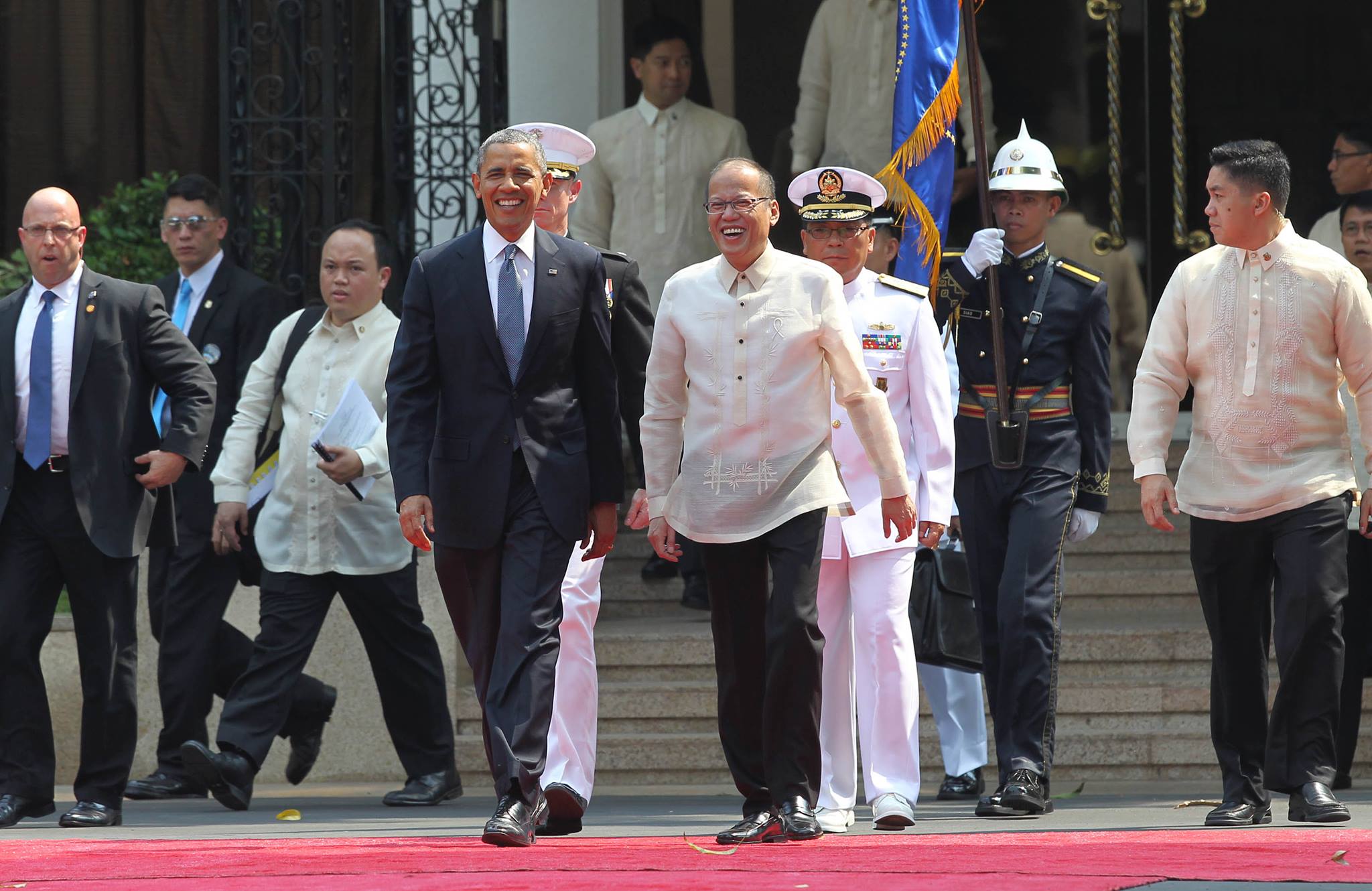
In 1983, Noynoy was the family member who brought his father to the airport for his flight back to the Philippines, traveling under the assumed name Marcial Bonifacio—to symbolize martial law and his prison cell at Fort Bonifacio.
“I wish he didn’t come home,” Noynoy said of his father, who was assassinated on the tarmac when his flight landed in Manila on Aug. 21, 1983.
The young Aquino learned of his father’s death on CNN and from a phone call.
He was, back then, and throughout his life the only man that was constant in their family. In the tributes and attacks that have been circulating since yesterday, Noynoy Aquino’s “coldness,” his “lack of emotion” has been frequently mentioned.
His friends and the people that worked for him during his presidency have said he wasn’t emotionless—he was stoic. He did not wear his emotions on his sleeve, he measured his words carefully before speaking. He never let his emotions get the better of him—even when people referred to him as “a retard, an abnoy.”
Aquino’s perceived coldness was a product of his parents’ suffering under the Marcos dictatorship. To him, drama, a lack of control of one’s emotions was a weakness.
Eleven years ago, even though the journalists in the room didn’t realize it, he was telling us the kind of man he was and the kind of president he would become.
It was almost an appeal for understanding when he said, “Don’t forget, I was 12 years old when martial law was proclaimed. And early on I felt that both my parents were burdened with extraordinary burden. And so I thought I would not burden them with my own.”
(Watch excerpts from the Philippine Star’s interview, Part 1 and Part 3.)


